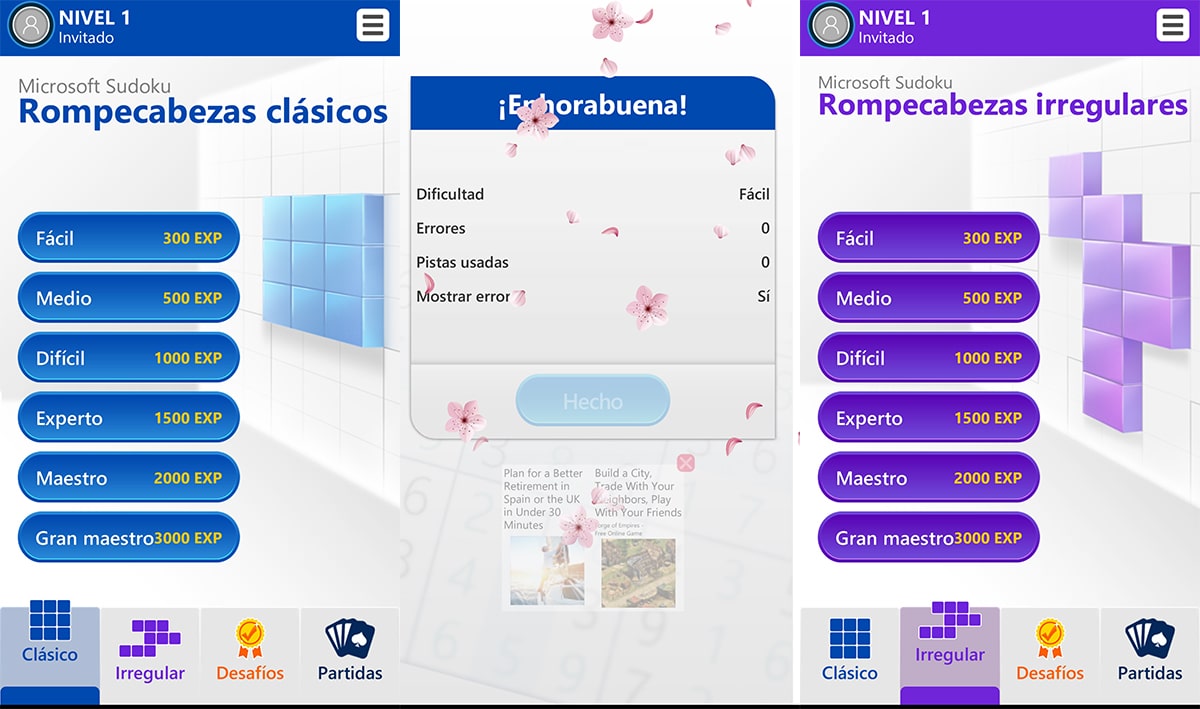


Ingold told Develop attendees he couldn't offer a bulletproof, bullet-pointed manifesto because what works for Inkle may not necessarily apply for another game. "Everyone who banks on AI content is going to lose – you cannot build real estate in a swamp" So how does Inkle craft replayable narratives for its games? In fact, the latter was purposefully designed so that each playthrough is short, encouraging players to try it again.īut, as Ingold puts it, "narrative doesn't rely on loops," instead relying on setup and payoff, one-off special events and a few surprises – much of which can’t be played and replayed by default. Inkle is known for its highly replayable narrative-focused games such as 80 Days, Heaven’s Vault, and Overboard. "I'm not interested in attention sinks, these are all things which make people turn their brains off, and the point of narrative is to turn your brain on." "As a narrative person, I'm not interested in compulsion loops," said Inkle co-founder and narrative director Jon Ingold during his Develop Brighton keynote last week. However, what makes a game replayable from a design perspective can often be diametrically opposed to narrative. Games are inherently designed to be replayed, from the 'one more go' mentality of the arcades to the persistent loops of modern live service games. Sign up for the GI Daily here to get the biggest news straight to your inbox


 0 kommentar(er)
0 kommentar(er)
